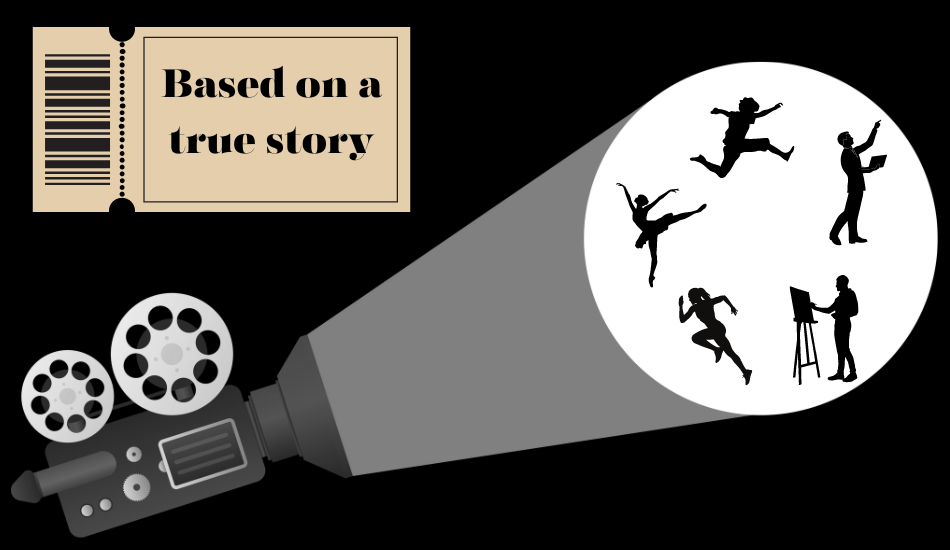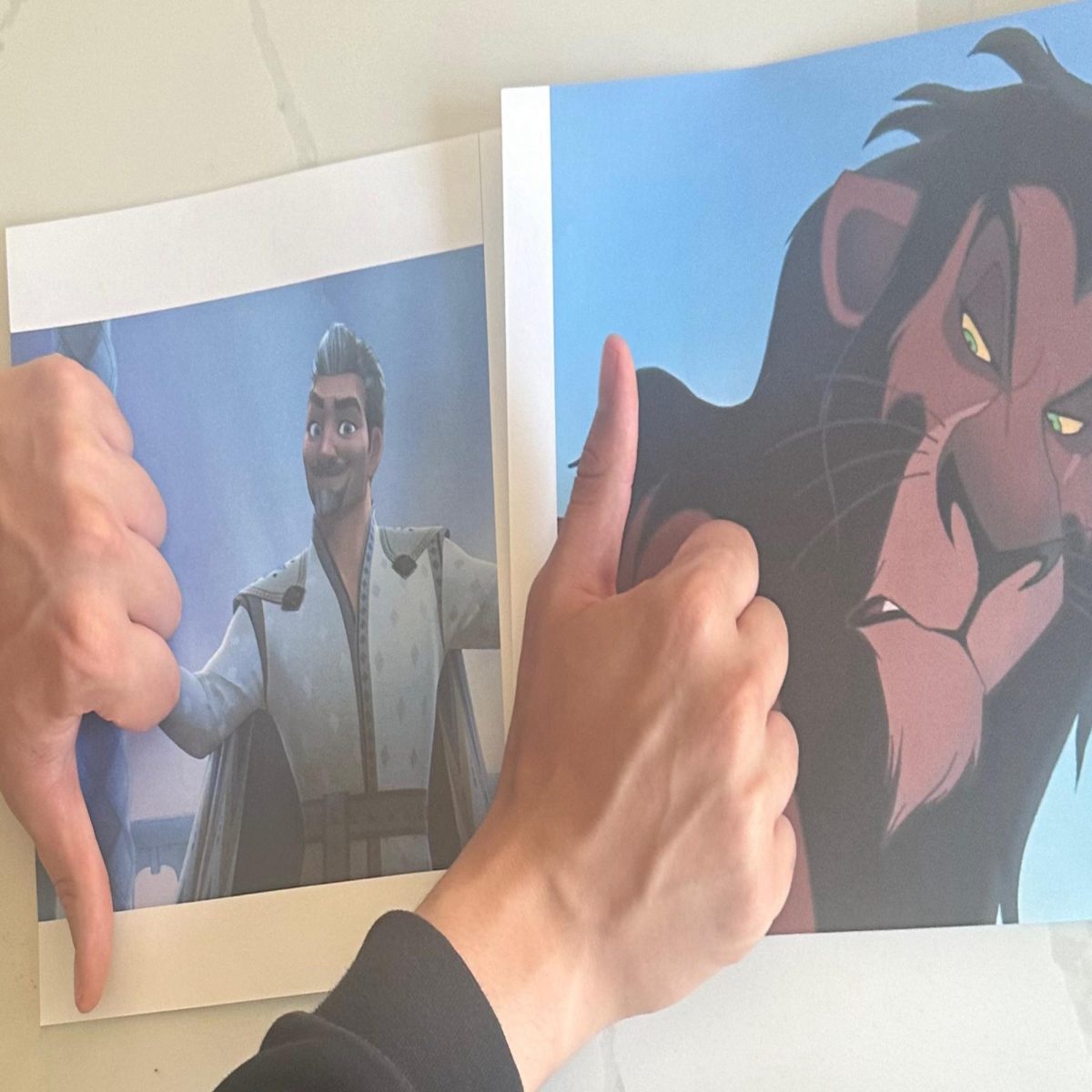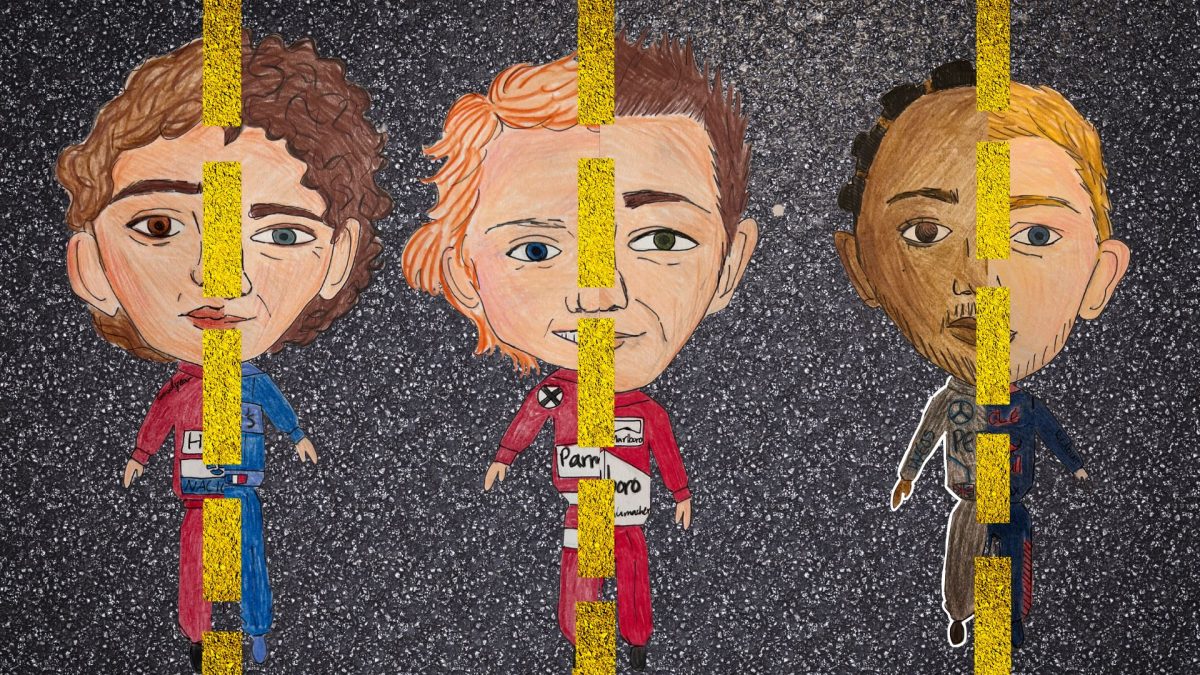The most ironic thing about Hollywood is that the number one thing many audiences tend to prioritize is “authenticity.”
There’s a new standard in media these days in which people expect complete sincerity in projects and 100% validity. What you see on screen has to be representative of the real world. Period pieces have to be completely based on actual history, with no room for inaccuracies; medical dramas have to have their research down to a T to reflect what life in hospitals is really like; murder mysteries must take into account every single detail in a police investigation without cutting corners. If they fail to do any of these things, you can be sure the professional “experts” on TikTok or Reddit will be more than happy to explain what they got wrong. The idea of temporarily suspending disbelief for the sake of enjoying the story doesn’t exist anymore.
This isn’t necessarily a bad thing. With the amount of influence that media has on society, it isn’t unreasonable to expect that studios do their due diligence in researching the subjects their projects are based on. For example, it was probably a bad move on Disney’s part to hire a primarily white crew for the live-action “Mulan” film, including a non-Asian costume designer who admitted that the extent of their research for a traditional Chinese wardrobe consisted of checking out the Chinese department in European museums. That’s not even the bare minimum — that’s intentionally winging your assignment and hoping for the best to no avail. Overall, it’s important to hold creators accountable for the content they produce, which the public then consumes. At the same time, objective storytelling can only go so far.
These days, among the rising trend of reboots and remakes, Hollywood also seems to be on a big biopic kick. Biopic, short for “biographical picture,” is a movie based on the life of a real person, a dramatic retelling of events in their life. This year alone has studios announcing upcoming biopics for celebrated figures such as Bob Dylan, Michael Jackson, Frank Sinatra and James Baldwin, and even four separate films for each of the Beatles members.
Generally, people are under the impression that having a movie based on their life is an accomplishment — a culmination of their success as a person. But it goes deeper than that. While there are biopics that are made to celebrate the lives of people who are worthy of praise (take “Hidden Figures” or “Hacksaw Ridge”), it’s important to keep in mind that their primary purpose is entertainment. Studios essentially capitalize on the life stories of others. Their first priority isn’t always the truth.
One may think the idea of producing a biographical motion picture should be simple in terms of being accurate to the source material, but real life is hardly objective. There is always more than one side to the story. Truthfully, the term “biopic” itself is misleading. As a dramatic retelling of events, biopics don’t fit the definition of biographies, which are supposed to follow a definitive timeline and stick solely to facts. If anything, they more closely follow the idea of a memoir, which doesn’t put as much emphasis on an accurate historical account of the story.
The contrast between “Elvis” and “Priscilla” is a prime example of how biopics are more of an interpretation of history that is adjusted to focus on the person in question. Two separate films that feature the same couple, respectively, have vastly different portrayals of how their life together was spent. While “Elvis” hardly spends any time recounting Elvis Presley’s marriage to a young Priscilla Beaulieu, “Priscilla,” in fact, centers around the rocky love affair and how it negatively impacted Priscilla Presley’s self-confidence and overall life. Depending on which film you watch, you could walk away with some inconsistent impressions of each of these individuals. This doesn’t mean one film is more accurate than the other, but instead, it shows how people chronicle events in different ways.
Indeed, some of the most successful biopics in history are hardly praised for their accuracy. “Amadeus,” which is arguably one of the most well-known musical biopics of all time, fabricated much of the notorious Mozart and Salieri rivalry. Instead of being based on real events, it was an adaption of a play that used real people. The film is much more focused on telling an enticing story than portraying both Wolfgang Mozart and Antonio Salieri as real-life historical figures. On the other hand, “Blonde,” which is also based on a fictional story using a real person, underwent heavy backlash for its portrayal of Hollywood icon Marilyn Monroe, for how the film appears to exploit the actress’s sexual abuse and trauma. In this case, people were offended by how the filmmakers didn’t seem to respect the real person in question and rather exploited Monroe’s memory rather than honoring it.
We’re seeing this occur once again with the recent Amy Winehouse biopic, “Back to Black,” which has been undergoing heavy criticism for how it seems to sensationalize the singer’s “self-destructive” persona and history of abuse while not taking the time to appreciate her accomplishments, such as being the first British women to win five Grammys. What fans deemed was especially done in “poor taste” was taking away Winehouse’s autonomy in telling her story by having her father, Mitch Winehouse, involved in the film despite many speculations of how he often took advantage of his daughter’s fame and rise to stardom. After the singer’s untimely death back in 2011 and the many hardships she’s faced in her career, the majority of fans have agreed it would’ve been more respectful to Winehouse’s memory if the film had never been made in the first place, allowing her to finally be freed from the scrutiny of the public.
The number one mistake movies “based in real life” can make is solely consulting people too close to the source. As mentioned before, people can have different perceptions of the same story. How can we trust them to give an unbiased account of events without consciously or subconsciously putting themselves in a better light? It’s impossible to remain objective in that situation. One of the biggest criticisms towards the biopic based on the band Queen (other than its various fabrications of the band’s career), “Bohemian Rhapsody,” was how sanitized the movie seemed compared to the actual drug-ridden, alcohol-infused and dwarf-serving chaos the band was actually involved in. Notably, the movie only seems to go slightly dark when in regards to the band’s lead singer, Freddie Mercury, dramatizing his complicated love life and AIDS diagnosis.
This detail stands out, considering Mercury is the only band member who has since passed, and the rest of the band, who were used as consultants, came out of the film looking like saints. The pattern that begins to appear here is that it’s more likely for studios to take advantage of people in biopics when they’re already dead. After all, how are they going to reject? So often, for biopics, their downfall comes from the fact that creators feel too comfortable with taking liberties with the person’s life story since, as they’re dead, they can’t correct or clarify anything. And that of itself is injustice.
However, there’s even an issue when it comes to making biopics too recent. There almost seems to be an unspoken “statute of limitations” for how long you need to wait until it’s considered okay to make a biopic on someone’s life. While it’s different for every film, there is a period of time that needs to pass until people believe it’s respectful enough to profit from someone else’s legacy and/or tragedy. Especially when the biopic in question isn’t about a celebrity who is used to having their life projected in the spotlight, but instead fellow everyday men like you and me who suffered some terrible calamity that studios deem worthy enough to make a movie based on.
Until when is the wound still too fresh? Sure, it’s fine to make movies on celebrities after the height of their fame was decades ago, but maybe put off releasing the movie of the Johnny Depp vs. Amber Heard case until at least a couple of years go by, and not within the same year the case made headlines. It’s all about being respectful of a person’s public image and putting them in a position where they can defend themselves.
In the very rare case, media based on devastating real-life events may do more than just exploit the tragedy. Its influence can actually have a hand in shedding light on the issues it portrays. “Silenced” (2011), a Korean biopic based on the real-life, harrowing case of uncovering the sexual abuse faced by the students of a local school for the deaf, detailed the events in such a chilling manner that it outraged the public. The film had such a big impact and spread enough awareness of the past case that it pushed the government to pass the Dogani Law, which would implement harsher punishments for offenders of abuse towards children under 13 and the disabled.
“Baby Reindeer” also comes to mind as a more recent example, created and starring Richard Gadd based on his true experiences of being stalked and harassed by a mentally ill woman as well as his past of being sexually assaulted. By far, one of the better depictions of CPSTD and trauma, “Baby Reindeer,” succeeded in showing how society tends to view stalking cases like these in black and white and trapping people into a “perfect and innocent victim” narrative. However, it’s better to see these examples as the exception rather than the rule.
In a moral sense, is it important for biopics to strictly adhere to the truth? They aren’t necessarily obligated to, but considering real people are involved, it’s still considerate to be respectful of their public image. The bare minimum should at least be as true to the story as possible and not favor one person over the other. Biopics have been a favored type of project for Hollywood for years, for being easy-to-dramatize stories and prime Oscar bait, but does it really justify highlighting the hardships of a person’s life for all prying eyes to see? Interpreting their life story to suit some kind of agenda, even if the person is dead and is unable to defend themselves? We try to excuse all of this by saying it’s honoring someone’s legacy, but we tend to lose our sense of decency and boundaries as soon as it makes a headline.
























